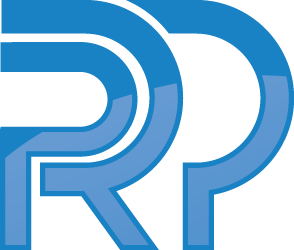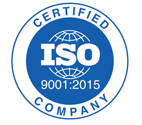Investigational devices are medical devices that are still undergoing evaluation and have not yet received regulatory approval or clearance from agencies like the FDA. Their use is restricted to clinical trials or research studies, and a key component of the regulatory process is the Investigational Device Exemption (IDE), which allows these devices to be used in studies to gather safety and effectiveness data.
Risk Classification: Significant vs. Nonsignificant
Before any clinical investigation of an investigational device begins, an IDE is required unless the device qualifies for an exemption. The regulatory pathway varies depending on the level of risk associated with the device:
- Significant Risk Devices: These devices pose a potential serious risk to the health, safety, or welfare of participants. Examples include implants, pacemakers, and other devices with higher inherent risk.
- Nonsignificant Risk Devices: These pose lower risks to human subjects. Examples include contact lenses, Foley catheters, and ultrasonic dental scalers.
Approval Process:
- For significant risk devices, both FDA and Institutional Review Board (IRB) approval are required.
- For nonsignificant risk devices, only IRB approval is necessary.
The sponsor of the study initially assesses and justifies the device’s risk level. If a device is classified as significant risk, the sponsor must submit an IDE application to the FDA before seeking IRB approval. If classified as nonsignificant risk, the protocol (including risk justification) goes directly to the IRB for a full board review. If there’s a disagreement between the sponsor and IRB on the risk level, the FDA has the final authority.
IDE Application: Key Components
For significant risk devices, the IDE application to the FDA must demonstrate that the expected benefits of the study outweigh the potential risks. Key elements of the application include:
- Sponsor Information: Name and address of the sponsor.
- Report of Prior Investigations: Comprehensive summary of all previous clinical, animal, and laboratory testing.
- Investigational Plan: Outlines the study’s purpose, protocol, risk analysis, device description, monitoring procedures, and any additional records needed.
- Manufacturing Information: Details on the methods, facilities, and controls for device manufacturing, processing, packing, storage, and installation.
- Investigator Agreement: Copy of the investigator agreement and a list of all study investigators.
- Certification: Statement confirming all investigators have signed agreements and that any new investigators will do so before joining the study.
- IRB Information: Names, addresses, and chairpersons of IRBs reviewing the study, with certification of IRB action when available.
- Site Information: Names and addresses of all additional institutions where study parts will be conducted.
- Device Costs: The amount charged for the device.
- Labeling and Consent Forms: Copies of all labeling and informed consent forms as required by 21 CFR 50, Protection of Human Subjects.
- Additional FDA-Requested Information: Other relevant data requested by the FDA.
Formatting and Submission Guidelines
To streamline the review, adhere to the following IDE submission guidelines:
- Clearly identify each submission as an original IDE application or as a subsequent amendment, supplement, or report, including the FDA-assigned document number.
- Provide a valid eCopy as specified in the FDA’s “eCopy Program for Medical Device Submissions.”
- Do not combine IDE, PMA, and 510(k) submissions.
- Only the IDE sponsor or a designated representative can submit updates or reports.
Additionally, the FDA offers a checklist for IDE application cover letters, which can be found on their website, to assist in ensuring all necessary elements are included for a more efficient review.
Support for Your Quality Assurance and Regulatory Compliance Needs
Navigating the regulatory landscape for investigational devices can be challenging, especially while balancing day-to-day operations. PRP offers expert Quality Assurance and Regulatory Compliance support for medical devices and pharmaceuticals. Our team of experienced consultants across the country is ready to seamlessly integrate with your team, helping you maintain compliance and the highest quality standards. Book an appointment with our CEO, Stefanie Wichansky to discuss how we can support your compliance goals.
|
|


